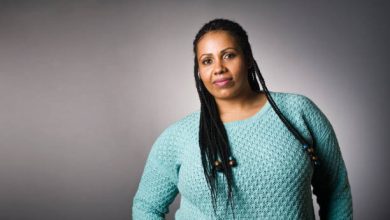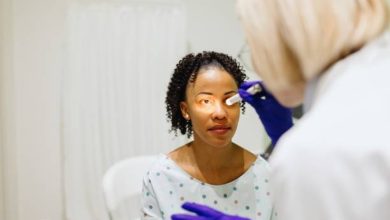The Hidden Ways Your Skin Color Dictates Your Endo Care


Endometriosis is a condition where tissue similar to the lining of the uterus grows outside of it, causing significant discomfort and health issues. Unfortunately, for Black women, the journey to a diagnosis and effective treatment is often fraught with challenges, leading to disparities in healthcare that demand attention.
The Disproportionate Impact on Black Women
Endometriosis affects women of all racial and ethnic backgrounds, yet the experience of Black women is distinct and often more challenging. Studies reveal that Black women are less frequently diagnosed with endometriosis compared to white women. This discrepancy isn’t due to a lower incidence among Black women but is attributed to factors such as systemic biases in the medical community.
One significant bias is the underestimation or dismissal of pain reports from Black women. Such biases can lead to delays in diagnosis and inadequate pain management. Additionally, differences in symptom presentation and limited access to healthcare resources contribute to this disparity.
Moreover, Black women with endometriosis often endure more severe symptoms and a higher prevalence of associated conditions like fibroids. Despite these more acute symptoms, they frequently encounter barriers in accessing adequate pain management and treatments specifically tailored to endometriosis.
The systemic biases, such as the often dismissive attitude towards their pain and symptoms, exacerbate these challenges, hindering timely and effective treatment.
The Challenge of Getting a Diagnosis
The path to a diagnosis of endometriosis is typically prolonged, averaging seven to 10 years from the onset of symptoms. For Black women, this delay can be even more extended.
Why so long? Contributing factors include the normalization of menstrual pain, a lack of awareness among healthcare professionals about the presentation of endometriosis in Black women, and racial bias in pain assessment.
RELATED: 10 Endometriosis Questions You Need To Ask Your Doctor
Advocating for Equitable Treatment
Getting fair treatment for endometriosis in the healthcare system needs big changes and actions we can take ourselves. The big change needed is better training for doctors and nurses. They should learn how to spot endometriosis in women of all backgrounds and understand their own biases that might affect their work.
At the same time, you can do things to help yourself. Learning as much as you can about endometriosis, especially how it




